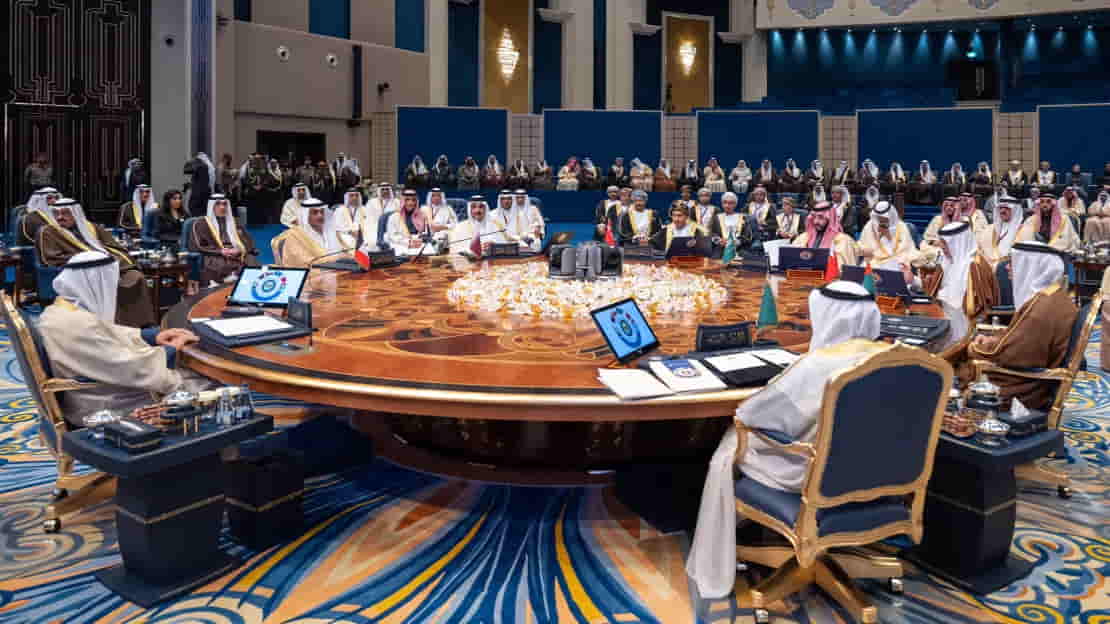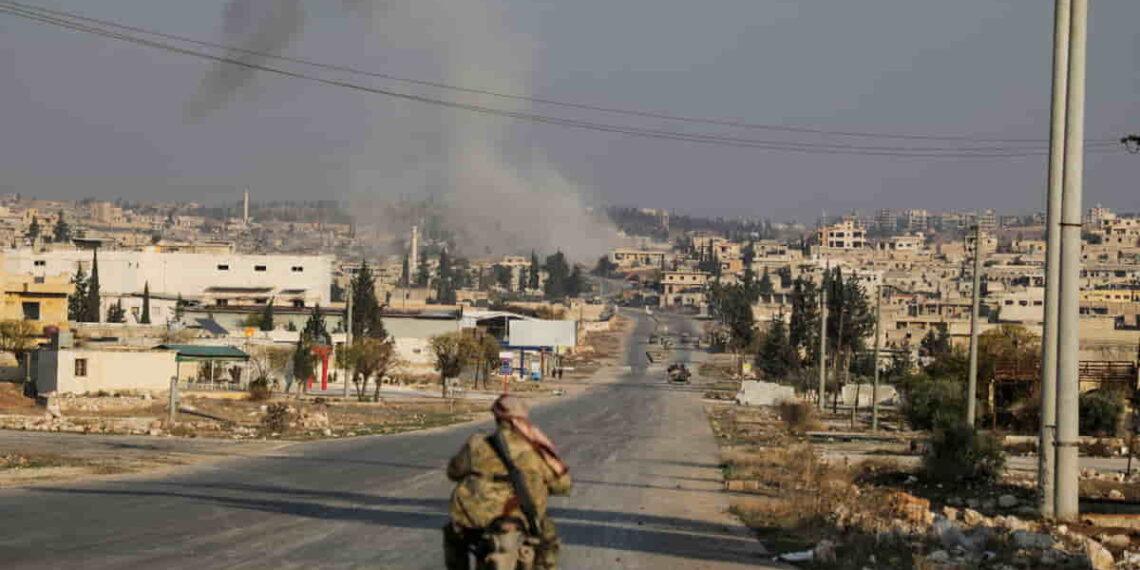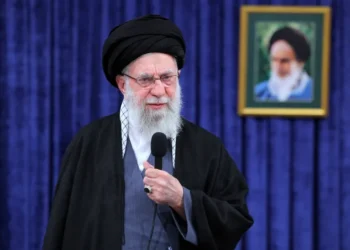The Syrian Rebellion and Its Impact on Middle East Power Dynamics
The recent surge in Syrian rebel activity, led by Islamist forces, poses significant challenges to President Bashar al-Assad’s regime and has broad implications for the Middle East’s geopolitical balance. Key players—including Arab states, Iran, Israel, Russia, and Turkey—are reassessing their strategies as the conflict takes a dramatic turn.
The Rebellion’s Rapid Gains
In a swift offensive, rebels captured Aleppo and Hama, with ambitions to advance further south to Homs, edging closer to Damascus. The rebellion, spearheaded by Hayat Tahrir al-Sham (HTS), has intensified calls for Assad’s removal. Rebel leader Abu Mohammad al-Jolani stated their aim: overthrowing the Assad regime by any means necessary.
Arab States: Shifting Alliances
The rebel advances test the commitment of Gulf Arab nations like Saudi Arabia and the UAE, which have pivoted from isolating Assad to supporting his regime. These states initially backed opposition forces during the Syrian civil war, seeing Assad’s downfall as a way to curb Iranian influence. However, Assad’s survival, aided by Russia and Iran, has led to his regional rehabilitation. Now, these nations are cautious, prioritizing stability over regime change.

Iran: A Vulnerable Axis
For Iran, Syria has been a cornerstone of its regional influence. Tehran’s military support, through the IRGC and Hezbollah, has been crucial for Assad. However, the rebellion’s momentum exposes Iran’s vulnerabilities, especially as Hezbollah redirects resources to the conflict with Israel. The loss of Syrian territory could disrupt Iranian supply routes to proxies and weaken its strategic position, forcing Tehran into a delicate balancing act between defending its interests and pursuing diplomacy with the West.
Israel: Navigating Threats
Israel finds itself in a complex situation. While Assad’s regime has allowed Iranian military presence in Syria, it hasn’t directly threatened Israel. The current rebellion, however, led by Islamist groups like HTS, presents new risks. Israel must ensure the rebellion doesn’t empower hostile forces while continuing to target Iranian assets in Syria. For now, Israel benefits from Iran and its proxies being weakened, but the long-term implications remain uncertain.
Russia: Stretched Thin
Russia’s intervention in 2015 was pivotal in stabilizing Assad’s rule. Yet, the ongoing rebellion challenges Moscow’s ability to maintain its influence in Syria, especially as its focus shifts to the war in Ukraine. While Russian airstrikes have ramped up against rebel positions, the rapid rebel advances highlight the limits of Moscow’s capacity to mobilize resources effectively in Syria.

Turkey: Strategic Maneuvering
Turkey, the primary backer of the Syrian National Army, plays a dual role—supporting opposition forces while exploring a potential rapprochement with Assad. President Erdogan seeks to position Turkey advantageously, aiming for significant concessions from Assad in future negotiations. Another priority for Turkey is addressing its domestic challenges, including hosting 3.1 million Syrian refugees, by pushing for a buffer zone along its border and countering Kurdish insurgents.
A Region in Flux
The Syrian rebellion reshapes regional power dynamics, with key players recalibrating their approaches. For Assad’s allies, the stakes are high as they face the possibility of losing a critical foothold. Meanwhile, neighboring nations and global powers tread cautiously, balancing immediate interests with long-term stability in a volatile Middle East.
This article was rewritten by JournosNews.com based on verified reporting from trusted sources. The content has been independently reviewed, fact-checked, and edited for accuracy, neutrality, tone, and global readability in accordance with Google News and AdSense standards.
All opinions, quotes, or statements from contributors, experts, or sourced organizations do not necessarily reflect the views of JournosNews.com. JournosNews.com maintains full editorial independence from any external funders, sponsors, or organizations.
Stay informed with JournosNews.com — your trusted source for verified global reporting and in-depth analysis. Follow us on Google News, BlueSky, and X for real-time updates.














